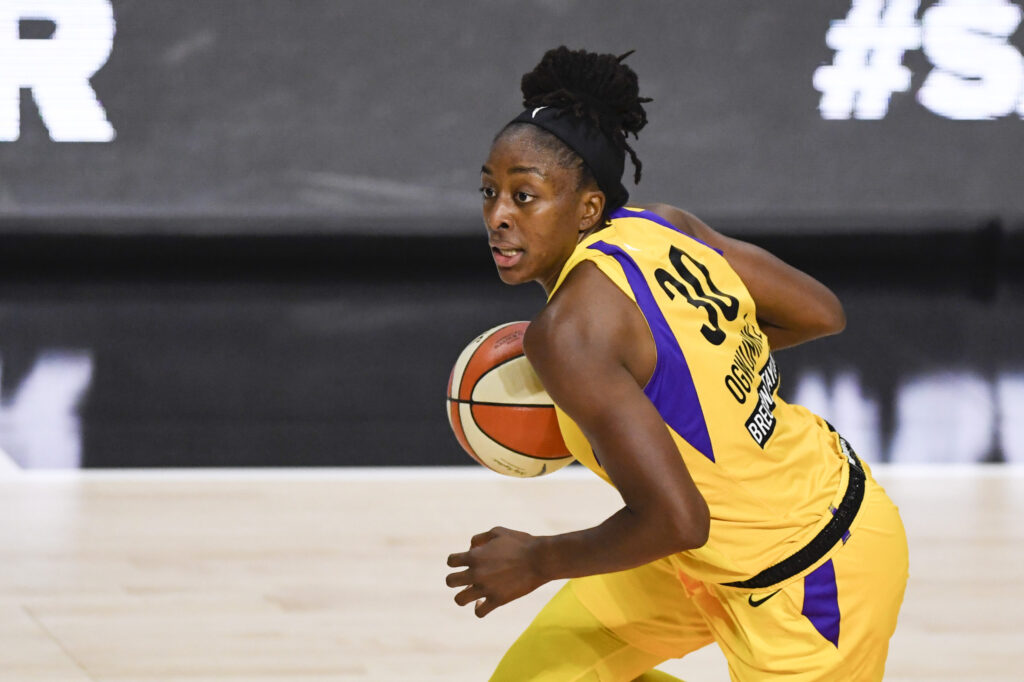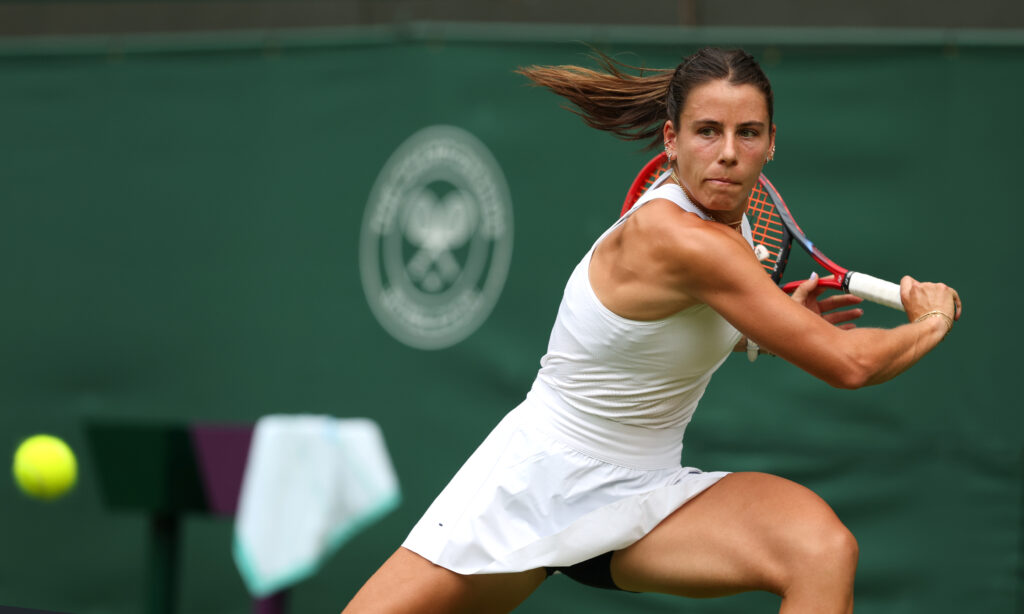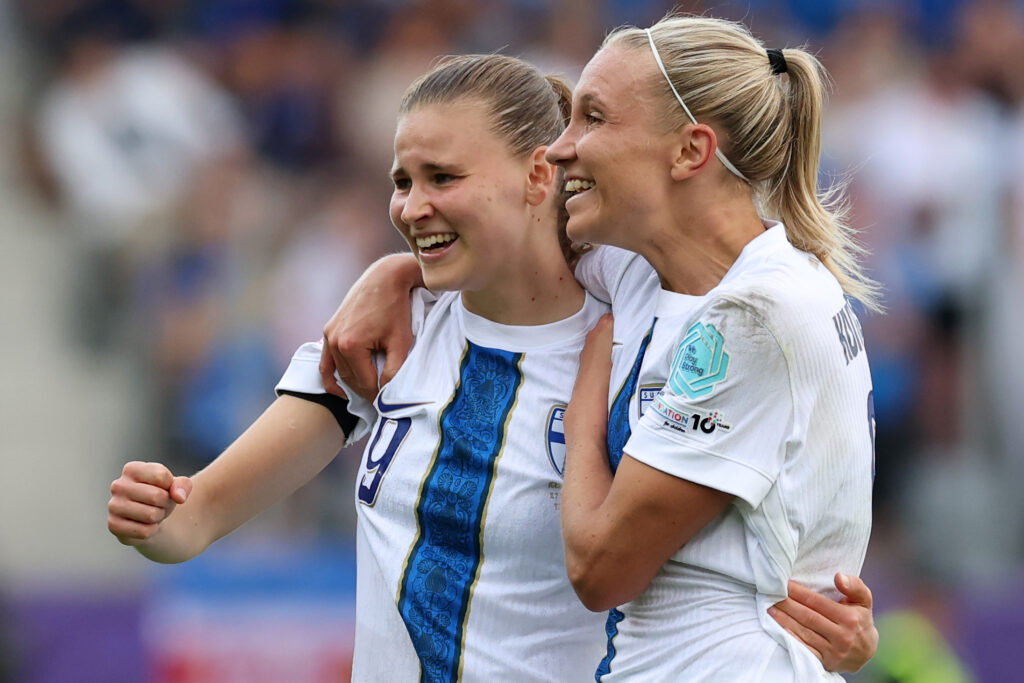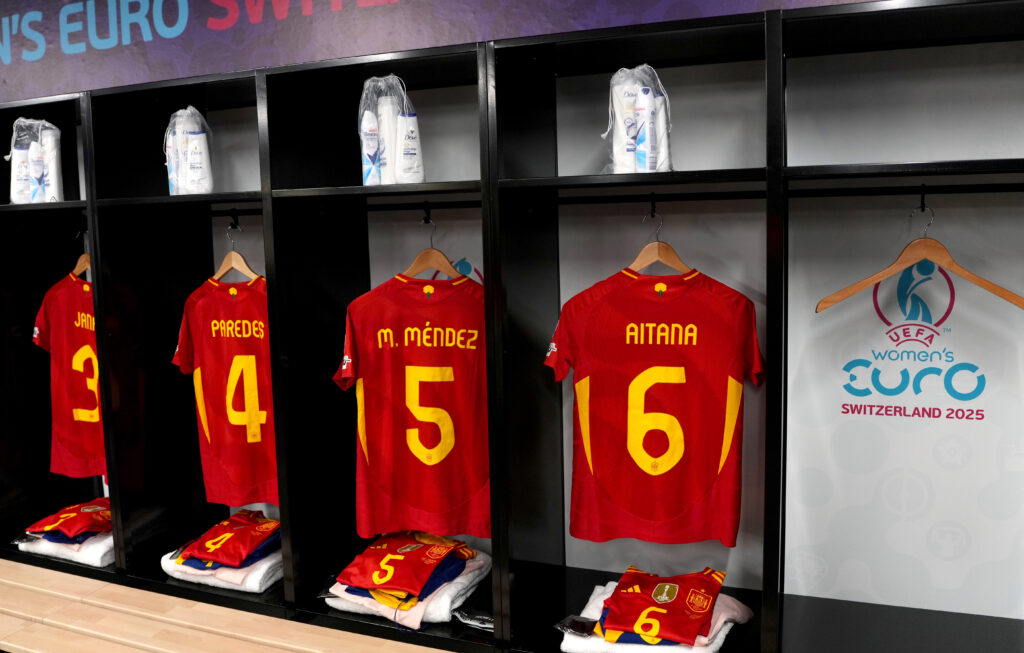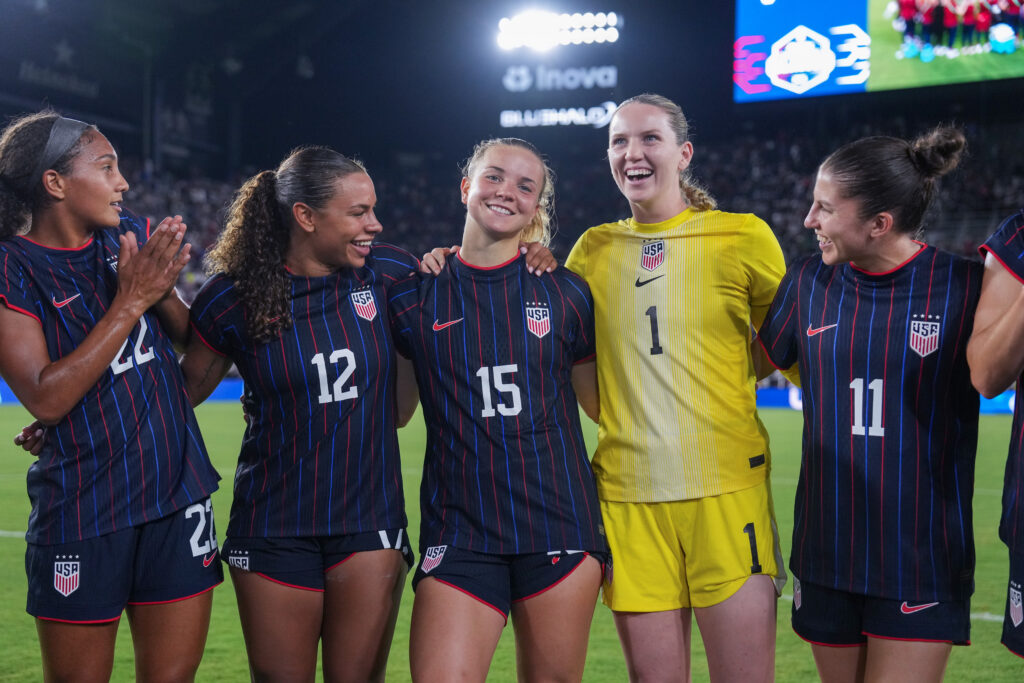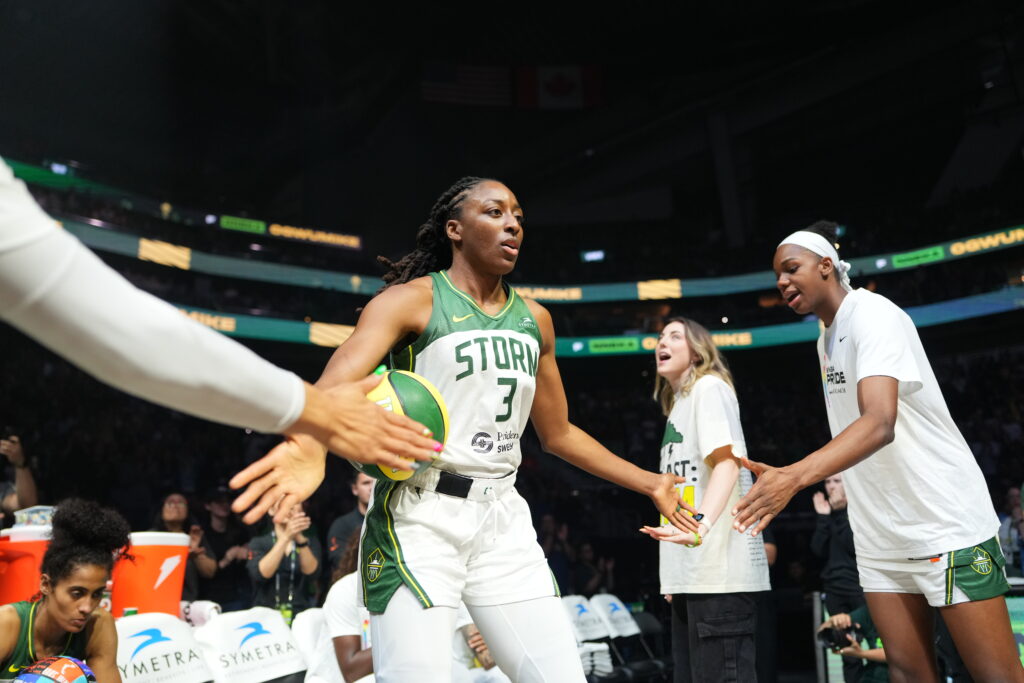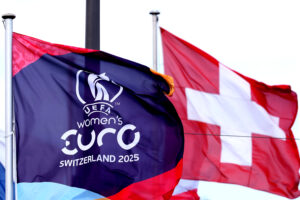WNBA Players Association president Nneka Ogwumike is hitting back at WNBA commissioner Cathy Engelbert’s assertion that players don’t have to go overseas to make money.
Prior to the start of Monday’s WNBA draft, commissioner Cathy Engelbert reasserted that players head overseas in the offseason just because they want to play — not for financial reasons.
The conversation about players spending the offseason overseas gained steam following the detainment of Brittney Griner in Russia. Griner had been traveling back to the country to compete for UMMC Ekaterinburg.
In speaking Tuesday with Robin Roberts on “Good Morning America,” Ogwumike said the issue of overseas play is tied to both gender and pay inequity.
“When is it not? It’s disappointing that the question of it being a gender issue is top of mind now when it comes to this type of circumstance. The reality is she’s over there because of a gender issue, pay inequity,” she said. “I played in Russia for four years. I played in Poland for one year and China for two years.
“We go over there to supplement our incomes and quite frankly we go over there to maintain our game. Our teams encourage us to keep up with our game by going over there and being more competitive. There’s so much that’s at play that, you know, we live politically intrinsically.”
In countries like Russia, top players can make more than $1 million, while the WNBA’s top salary sits at $228,000. With additional compensation offered by the WNBA including bonuses, marketing deals and more, players can make up to $650,000 a year following the 2020 CBA, but the average salary hovers around $120,000.
In 2019, players told The Athletic that salaries would have to be “a lot higher” in order for it to make sense to not go overseas. In an anonymous vote, 63 percent said that they would not play overseas if salaries were higher.
At the time of The Athletic’s survey, the average salary was $74,349. This season, it’s projected to sit around $121,000. But the 2019 poll revealed that it would take more than just the near-doubling of salaries for players to stop going overseas.
“Where they’re at now, just a little bit higher makes no difference compared to what we make overseas,” one player said. “It’s got to be sufficiently higher — four, five, six times more than it is now. Then I’ll consider it.”
Another player said that if she were making more than $350,000 she would be okay with staying home.
Ogwumike’s comments Tuesday seemed to contradict what was said by Engelbert before Monday’s draft.
“Players will always want to continue to hone their skills in different ways, no matter how much we pay them,” Engelbert said. “But we are also creating an economic model for the league where we’re aiming for players to prioritize the WNBA.”
She also called the narrative of players having to go overseas to supplement income “a little bit outdated” and “inaccurate.”
“Players are still going to want to play basketball,” she said. “One thing I learned, and I didn’t know this before I came into the league, they want to play basketball year-round.”
While Ogwumike conceded that WNBA players are “treated well,” she said that they don’t want to play all 12 months of the year.
“We don’t want to feel as though we have to go over there to get what we want to get at home,” Ogwumike said.
